Racial Microaggressions
One of the ways biases can show up every day is in the form of racial microaggressions.
The adding up of microaggressions is the biggest issue for me. I feel there is lots of diversity at my school, but the Black population is small. I represent a huge community, pressure to be the best, because I might be the only Black person that they will meet, so I am filling in their stereotypes of what a Black person is. They will always see me as ‘other;’ I have to work extra hard.
Student, Minister’s Anti-Racism Youth Dialogue Series, 2022
Examples of Racial Microaggressions
Microaggressions are verbal comments or behaviours based on racial stereotypes or assumptions. Microaggressions may sound like compliments, jokes, observations or questions.
There are countless situations and conversations in schools involving microaggressions. A few examples include:
- Wow, you’re so successful for someone like you. How did you do it?
- You’re good-looking because you’re exotic.
- Being able to pass for white must be great for you, eh?
- Can I touch your hair?
- Would you please tell the class about your home country and culture?
- You probably know more about racism than other people do. Will you start an anti-racism group at our school?
Microaggressions may sometimes seem like simple comments or innocent behaviours but they are still incredibly harmful to many people. Even if the comment or behaviour is well-intentioned or unconscious, the impact of these words and actions is harmful and real. This harm occurs both in the moment and over time.
Common Types of Racial Microaggressions
We need to educate teachers specifically on: what microaggressions are; how can we solve racist situations and problems. Many of them don’t know how. Or how to cope with that.
Student, Minister’s Anti-Racism Youth Dialogue Series, 2022
Whether obvious or not, microaggressions are present in educational settings. Here are some common types of racial microaggressions and the underlying messages they convey.
Example:
"Where are you really from?”
Message:
The underlying message in this microaggression is that racialized people are assumed not to be ‘true’ Canadians or do not truly belong.
Examples:
- “Dev won’t apply for university. Their people are really good at working with their hands.”
- “Your English is so good for someone who grew up outside of Canada.”
Message:
The underlying message in these microaggressions is that a person’s intelligence is linked to their race.
Example:
- “When I look at you, I just see a colleague, I don’t see colour.”
- “There is only one race, the human race.”
Message:
The underlying message in this microaggression is that a person’s racial identity is overlooked (or irrelevant) and that the unique racialized experiences of individuals are not important.
Example:
“I’m not racist, my best friend is Black.”
Message:
The message in this microaggression is that a person is not racist if they have a close relationship to someone who identifies as a racialized person. This ignores the unique and varied experiences of people and groups who encounter racism.
